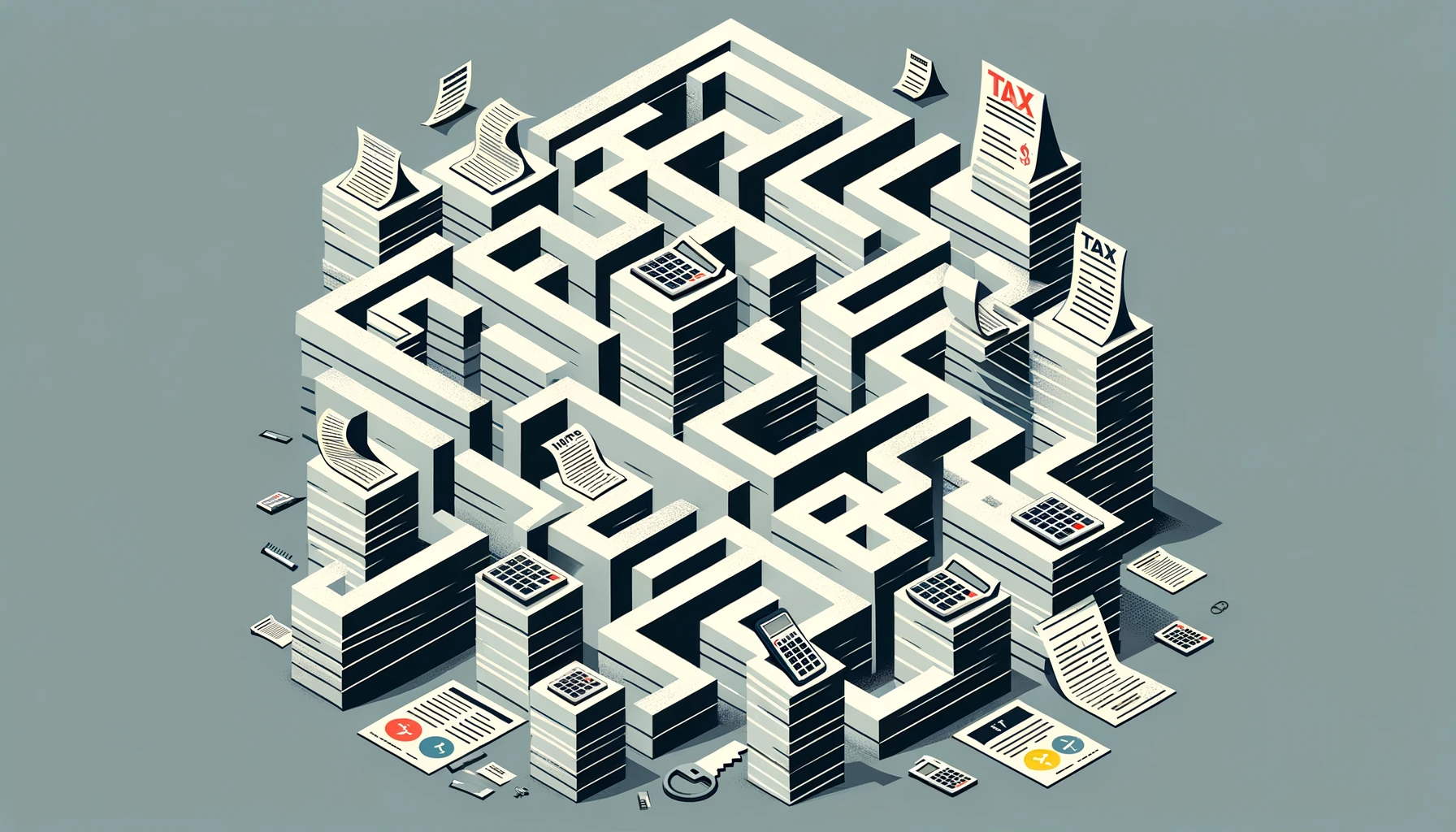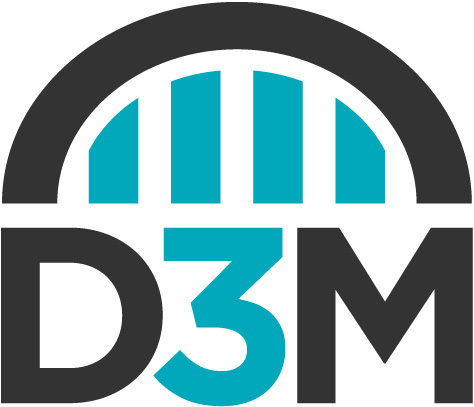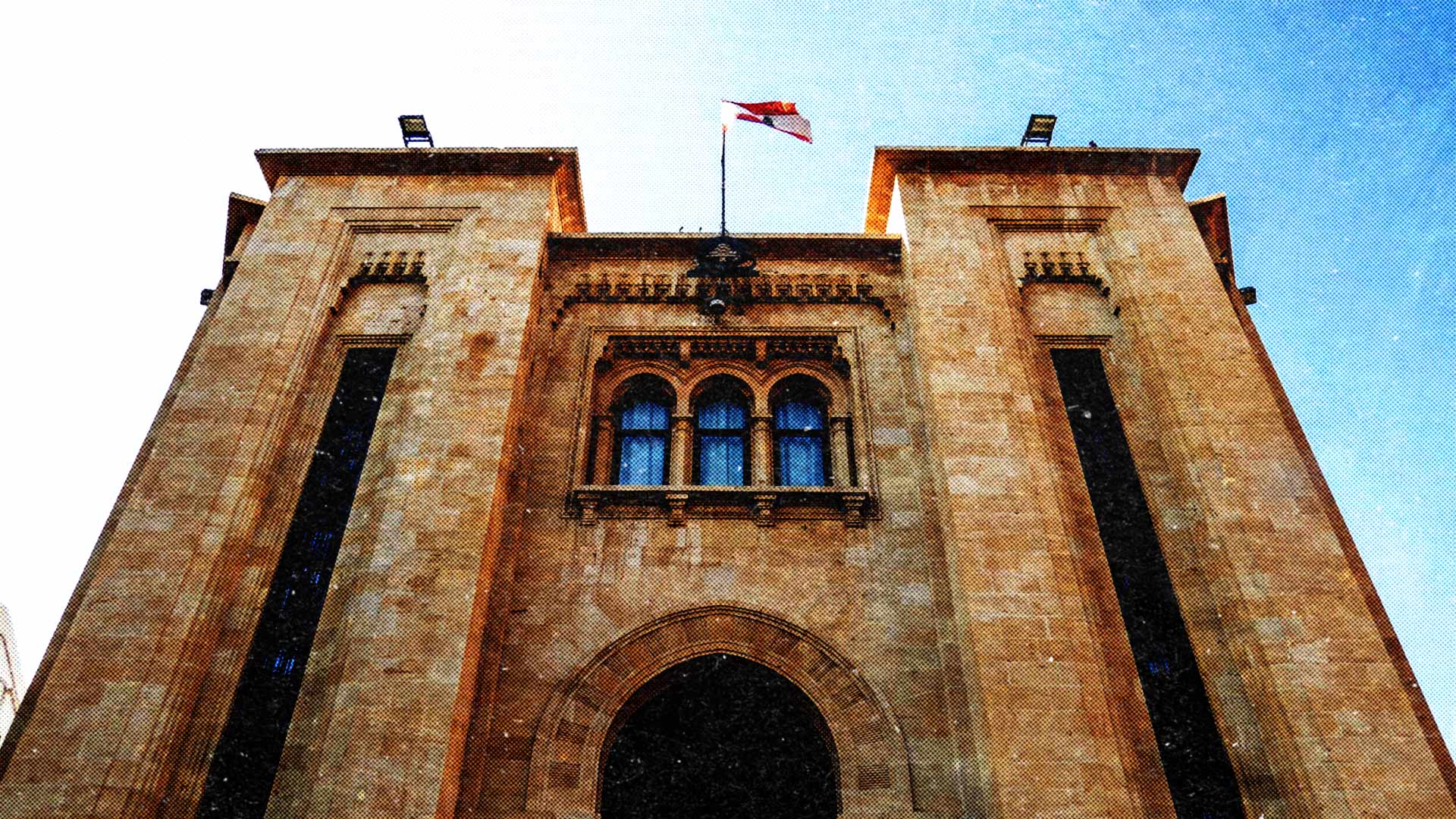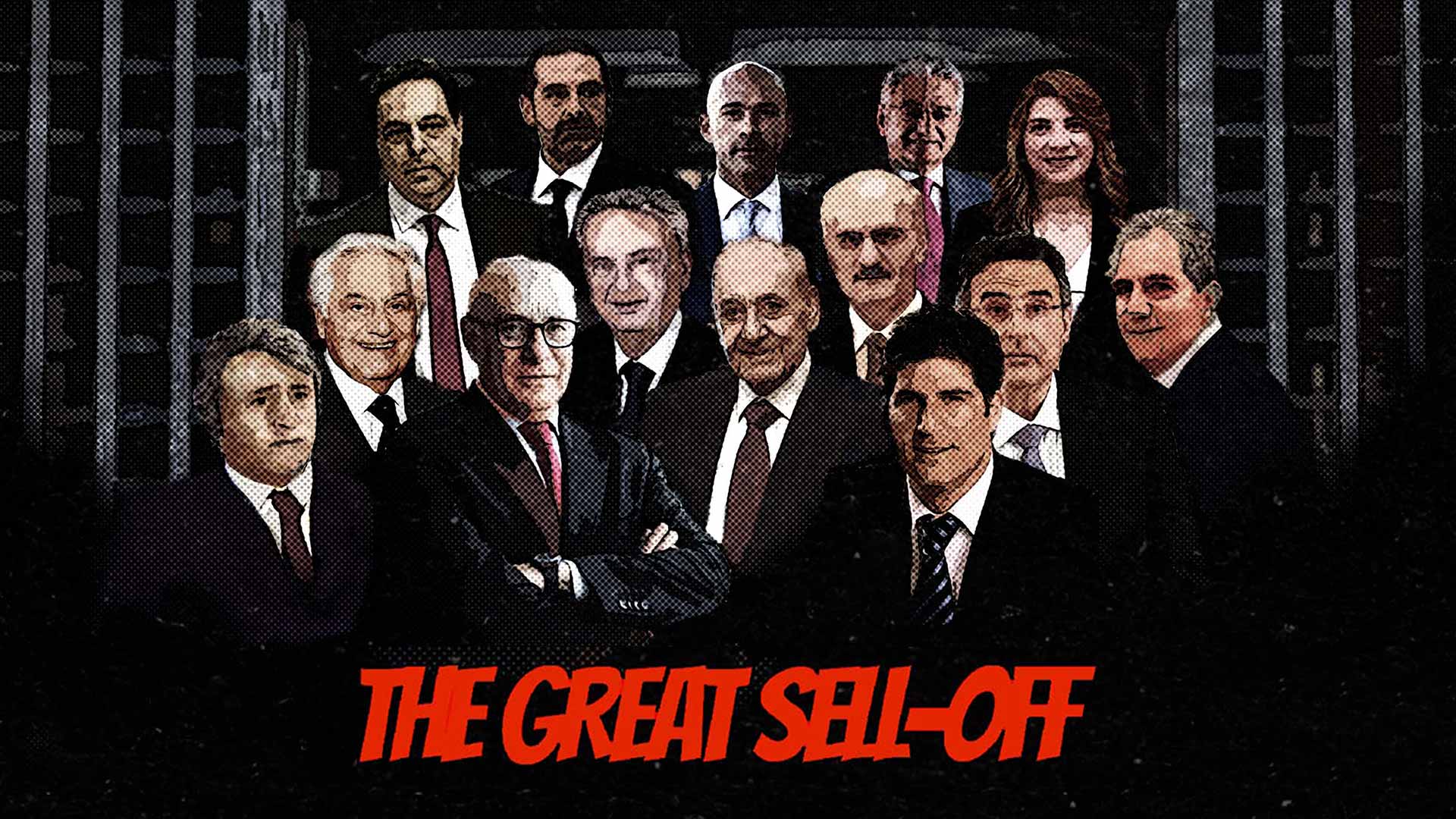The following talking points are drawn from previous analysis and D3M research on tax structure and reform in Lebanon.
The following talking points are recommended:
TALKING POINT 1: Government has no intention to reform the tax system
TALKING POINT 2: Increased indirect regressive taxes over needed progressive direct taxes
TALKING POINT 3: Ministry of Finance budget circulars
TALKING POINT 4: Contested budget
TALKING POINT 1: Government has no intention to reform the tax system
Key Message:
The 2022 budget and latest Ministry of Finance (MOF) circulars are evidence of the fact that the government has no intention on reforming the tax system, but of raising taxes on ordinary people to support clientelism and cartels.
The tax system in Lebanon does not raise enough revenue. Yet, the budget misses viable opportunities to increase taxation on the wealthy and improve on revenue collection (nearly 50% of revenues are lost due to weak collection systems).
- The increase in indirect (regressive) taxes and lowering the threshold on progressive taxes in the budget means the government wants to protect wealthy individuals at the expense of ordinary people.
- On the expenditure side of the budget, now that it cannot pay interest to the banks, the state does not want to address its inefficient public service or EDL transfers because that removes its ability to use public funds for clientelism and payments to the oil importing cartel.
- The recent circulars which intend to implement the budget also try to impose a raft of back taxes and illegal distinctions instead of real tax reform (see Talking Point 4).
TALKING POINT 2: Increased indirect regressive taxes over needed progressive direct taxes
Key Message:
The Lebanese government intends to increase revenues via a tax structure reliant on imposing indirect regressive taxes and effective tax breaks for the wealthy on progressive taxes.
- The government should reverse its attack on ordinary people and workers through its taxation regime.
- Lebanon’s tax revenues are dominated by regressive taxes (~80%), primarily comprised of VAT (30%), customs (15.8%), and tax on interest (14.1%).
- Budget proposals such as a 3% increase in customs on many (unspecified) goods fall much heavier on the poor and increase inflation overall.
- At the same time, ordinary middle workers suffer from recent changes to income tax.
- Instead of increasing the top-tier income tax bracket, the government has lowered the top-tier threshold: Meaning those earning over US$16,875 (At a rate of 40,000LBP/USD) will now also pay the top tier tax bracket (25%) previously applied to those earning over US$150,000.
- With the current top tier at 25%, there is ample room to introduce a new top tier tax rate of 35% for those earning now-significant incomes of over US$65,000.
- In addition, a one-time tax on extreme wealth could make major contributions to important revenue collection, especially if it was extended to those who profited massively from financial engineering.
TALKING POINT 3: Ministry of Finance circulars
Key Message:
The Ministry of Finance budget circulars are another attempts by the government to increase revenues by increasing taxes on businesses and individuals rather than real tax reform.
- The impact of these circulars will severely disrupt the business climate in Lebanon.
- Business will have to contend with paying retroactive payroll and VAT taxes dating to 2020, as well as the still-unpublished list of items attracting an extra 3% in customs taxes.
- For individuals whose salaries are in foreign currency, their income tax could be calculated at multiple exchange rates depending on form of payment.
- The significant difference in exchange rates raises legal questions and is likely to drive individuals further away from the banking system.
- The shift to a cash-based economy will worsen Lebanon’s challenge with labour informality and tax evasion.
TALKING POINT 4: Contested Budget
Key Message:
The legality of the budget is in question and currently under appeal, while circulars 686 and 687 are suspended, pending further review. There will likely be more changes to Lebanon’s 2022 tax structure and budget, in the coming months of 2023.
- The new budget attempts to increase government revenues without addressing the exchange rate and banking sector losses at the heart of Lebanon’s economic crisis.
- The discrimination between citizens based on the currency of their salaries, and the ability for the government to enact retroactive tax adjustments of such a significant magnitude are the legal areas where these circulars should be opposed.
- The circulars and the budget itself are also overshadowed by legal concerns related to the mandate of a caretaker government to make such fundamental changes to tax structures.




